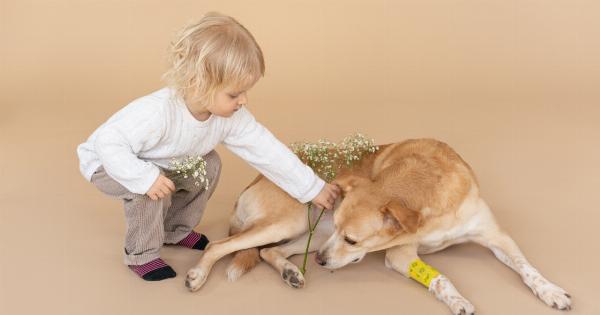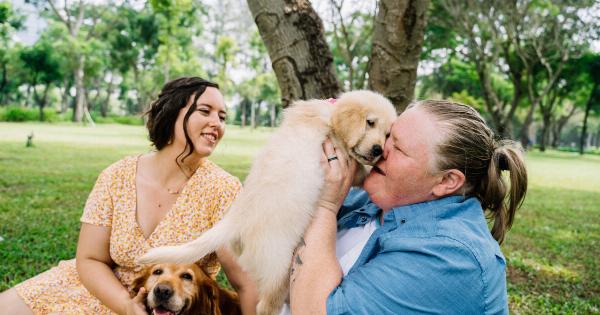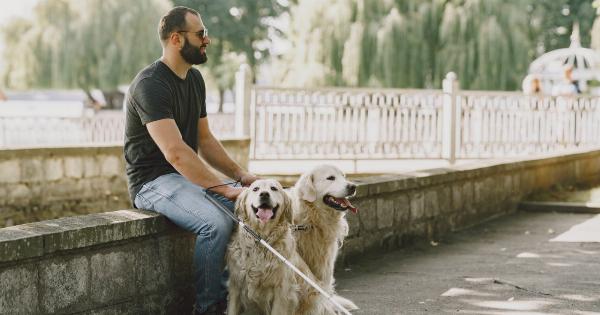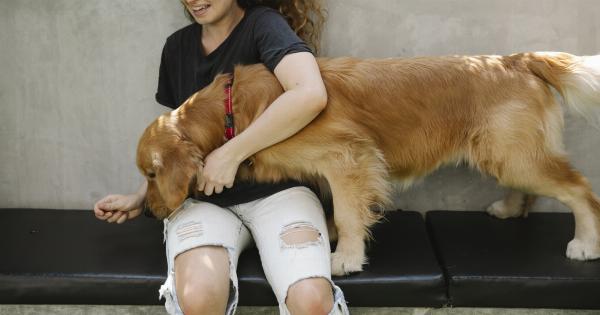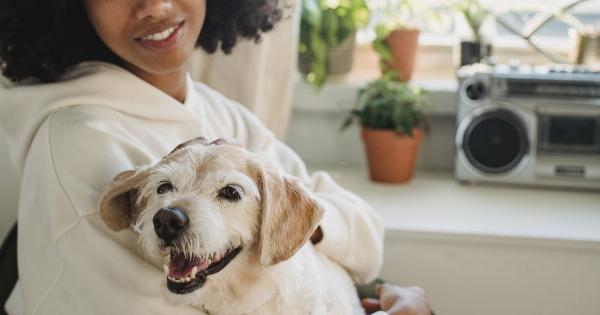Dogs are often referred to as man’s best friend for good reason. Their unwavering loyalty and unconditional love have the power to heal and empower individuals in miraculous ways.
Whether they are serving as therapy dogs, guide dogs, or simply providing companionship, dogs have a profound impact on our mental, emotional, and physical well-being.
The Healing Power of Dogs
Scientific research has proven that dogs have the ability to reduce stress, lower blood pressure, and decrease anxiety levels. The simple act of petting a dog releases endorphins, a hormone associated with joy and well-being.
This natural form of therapy can be especially beneficial for individuals dealing with mental health issues such as depression or PTSD.
Dogs as Therapy Animals
Therapy dogs are specially trained to provide comfort and emotional support to people in hospitals, nursing homes, and other healthcare settings.
These incredible canines visit patients and brighten their day, offering a distraction from pain and illness. The presence of a therapy dog can boost morale and improve the overall well-being of patients, leading to faster recovery and shorter hospital stays.
Guide Dogs for the Visually Impaired
Guide dogs are trained to assist individuals with vision loss or blindness, enabling them to navigate the world with greater independence and confidence.
These highly trained dogs help their owners avoid obstacles, cross streets safely, and find specific locations. With a guide dog by their side, visually impaired individuals can experience a newfound sense of freedom and empowerment.
Dogs as Emotional Support Animals
Emotional support dogs provide comfort and companionship to individuals with emotional or psychological disabilities.
Their presence alone can provide a sense of security and stability, helping people cope with anxiety, panic attacks, and other symptoms. Emotional support dogs are recognized as an important part of the treatment plan for many individuals, offering a constant source of love and support.
The Impact of Dogs on Children
Children who grow up with dogs often develop a strong sense of empathy and responsibility. Studies have shown that kids who have dogs at home tend to have higher self-esteem and better social skills.
The bond between a child and their dog can be truly magical, fostering qualities such as compassion, patience, and kindness.
The Role of Dogs in Autism Therapy
Dogs play an integral role in autism therapy. Children on the autism spectrum often struggle with communication and social interactions.
Specially trained dogs can help bridge this gap by providing a non-judgmental companion who can improve social skills and reduce anxiety. The presence of a dog can also increase a child’s motivation and engagement in therapy sessions.
Dogs in Search and Rescue Operations
Dogs have long been used in search and rescue operations, thanks to their exceptional sense of smell and ability to navigate challenging terrains.
These courageous canines help locate missing persons, survivors of natural disasters, and even victims trapped under rubble. Their keen instincts and unwavering dedication make them indispensable partners in life-saving missions.
The Role of Dogs in Post-Traumatic Stress Disorder (PTSD) Recovery
For individuals struggling with PTSD, the presence of a trained service dog can be life-changing. These remarkable animals can sense anxiety and distress, providing comfort and reassurance.
Service dogs can also perform specific tasks to help their owners, such as waking them from nightmares, creating a buffer in crowded spaces, or reminding them to take medication.
Dogs as Companions for the Elderly
Loneliness and social isolation are major concerns for many elderly individuals. Dogs can fill this void by providing companionship and a sense of purpose.
The daily care and routine associated with owning a dog can create structure and a reason to stay active. Older adults who have dogs also tend to have lower blood pressure and reduced risk of heart disease.
A Call for Dog Adoption
The benefits of dogs are vast, but unfortunately, many dogs are still waiting for their forever homes in animal shelters. By adopting a dog, you not only save a life but also open the door to a world of love, joy, and empowerment.
Dogs give us so much more than we can ever repay, and by providing them with a loving home, we allow them to work their miraculous powers on us.











